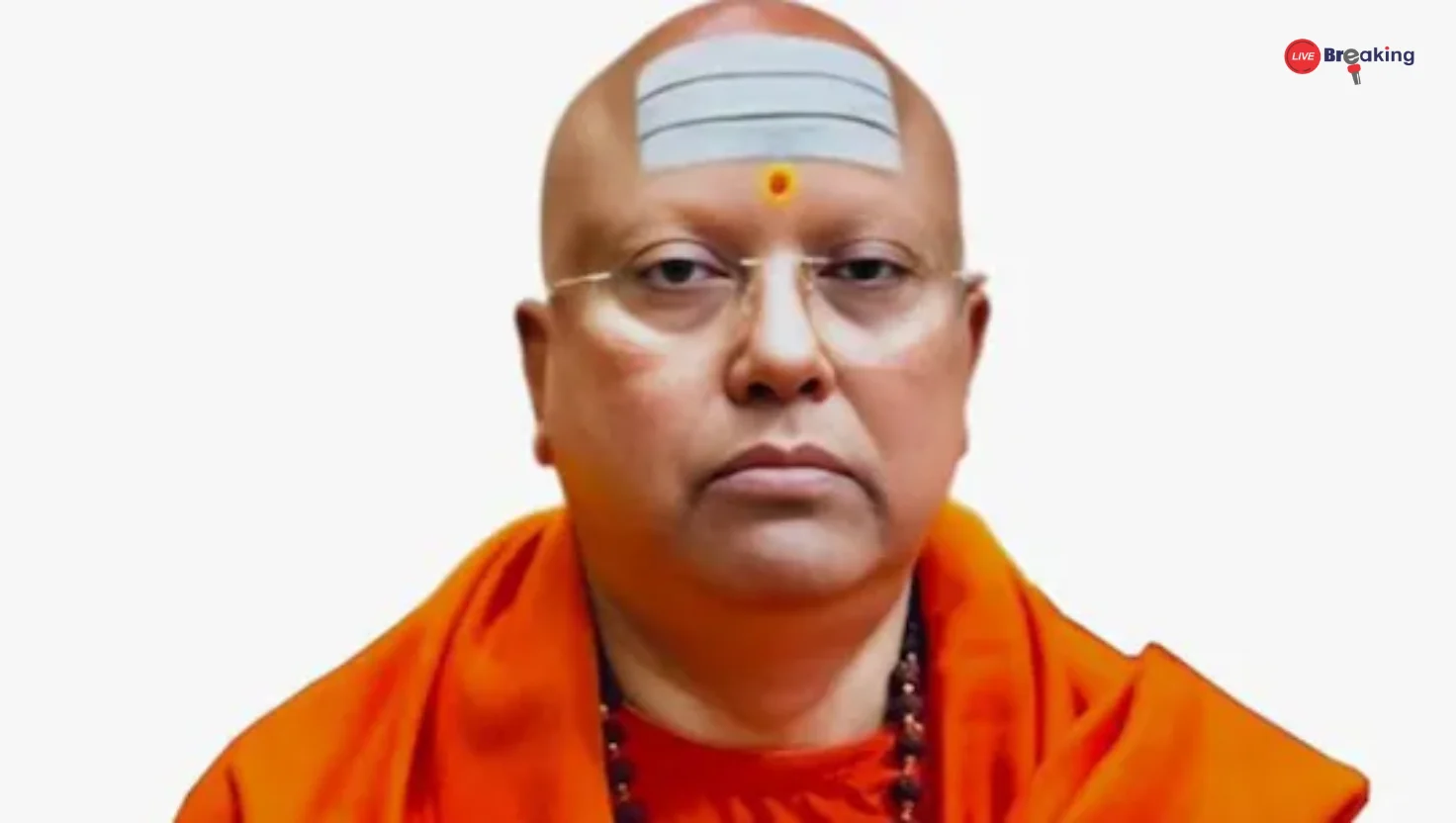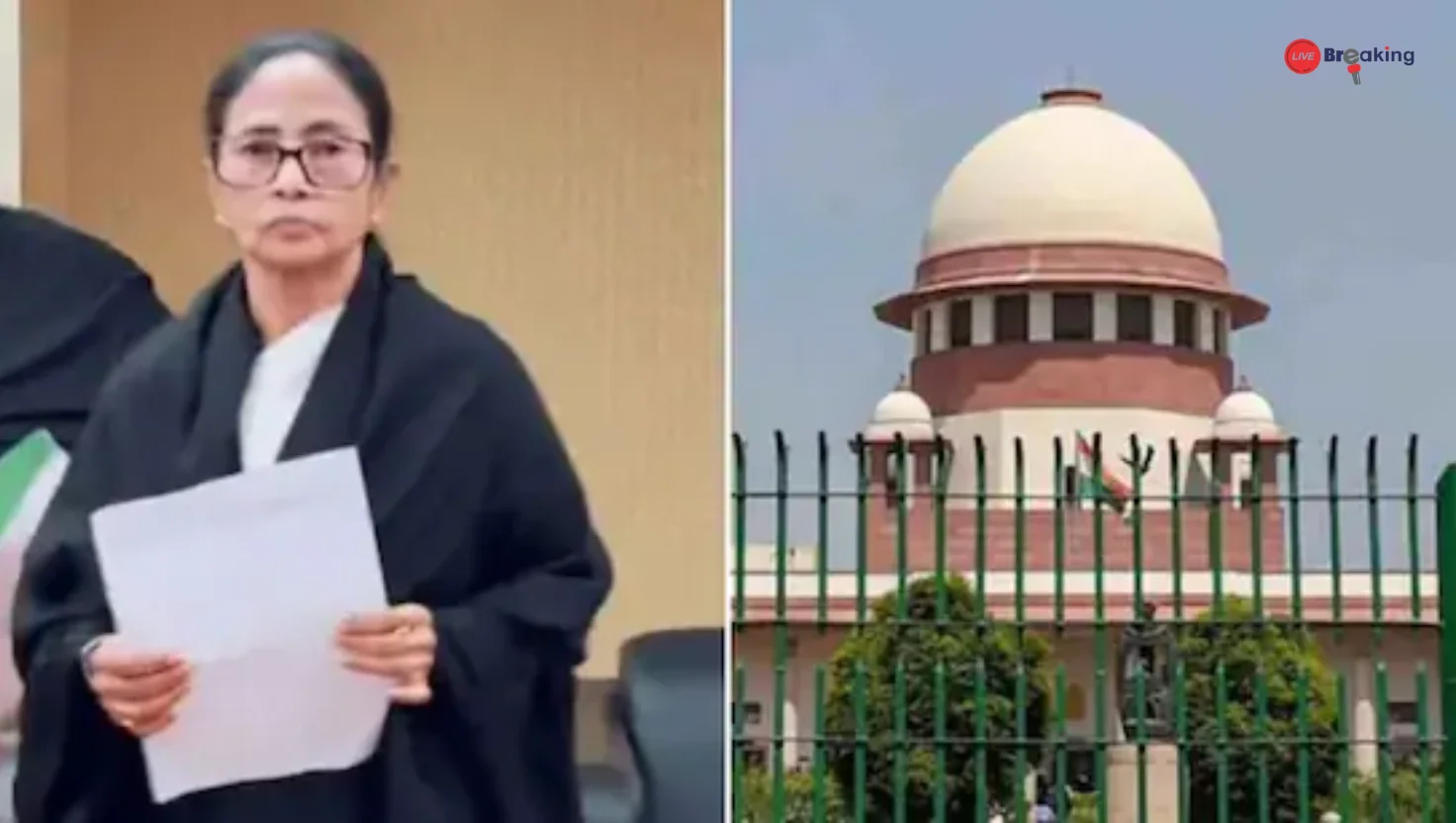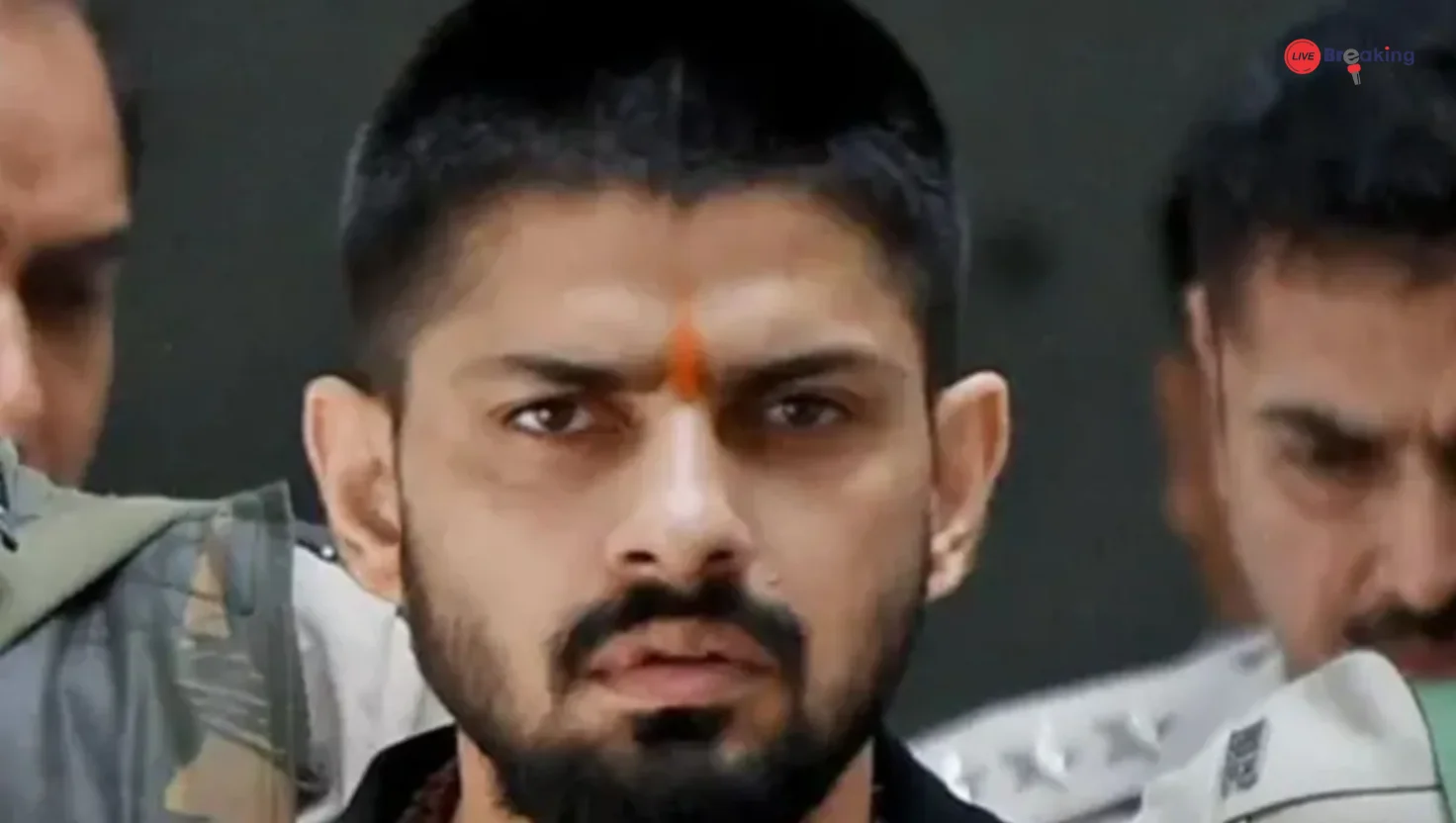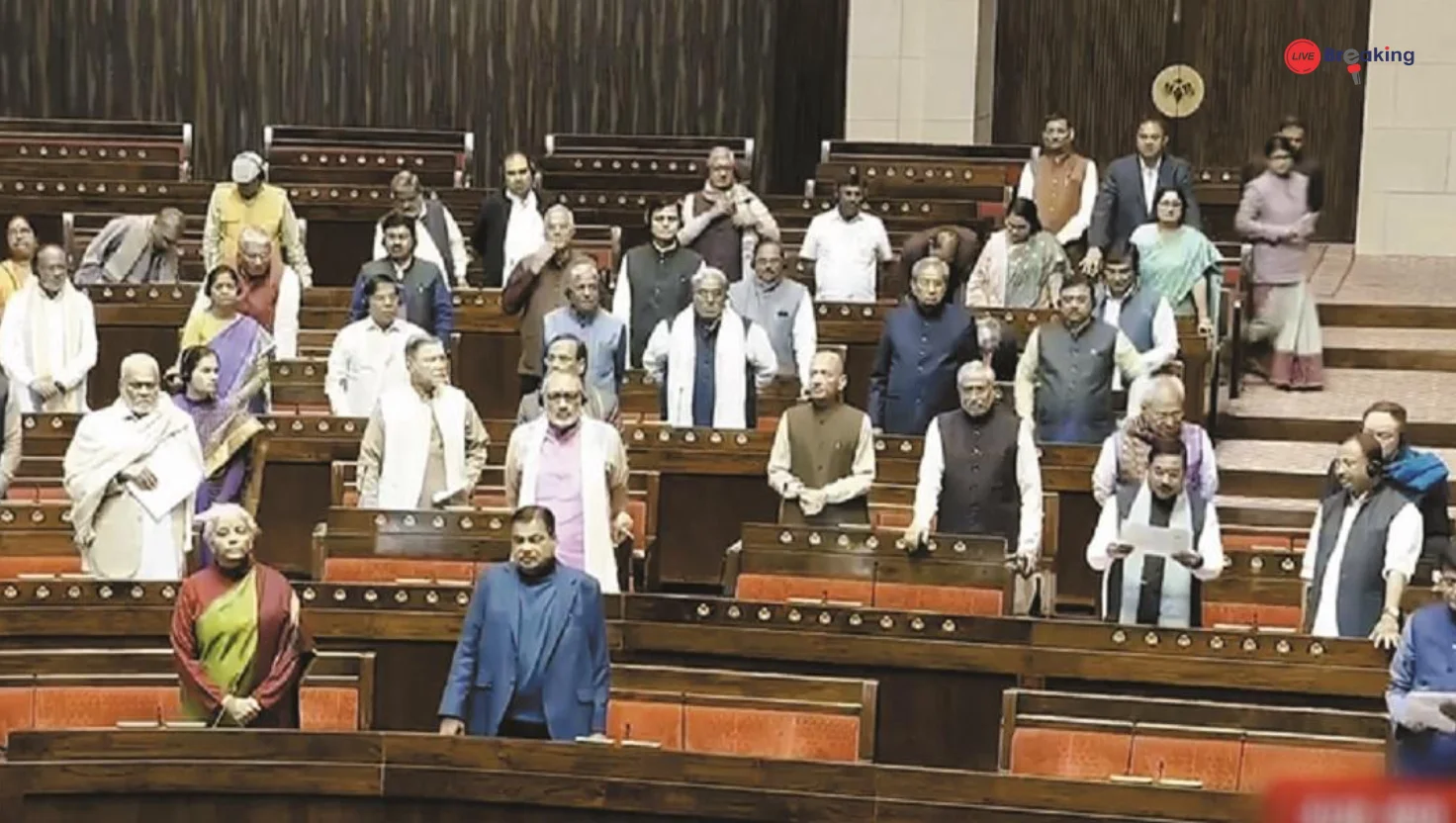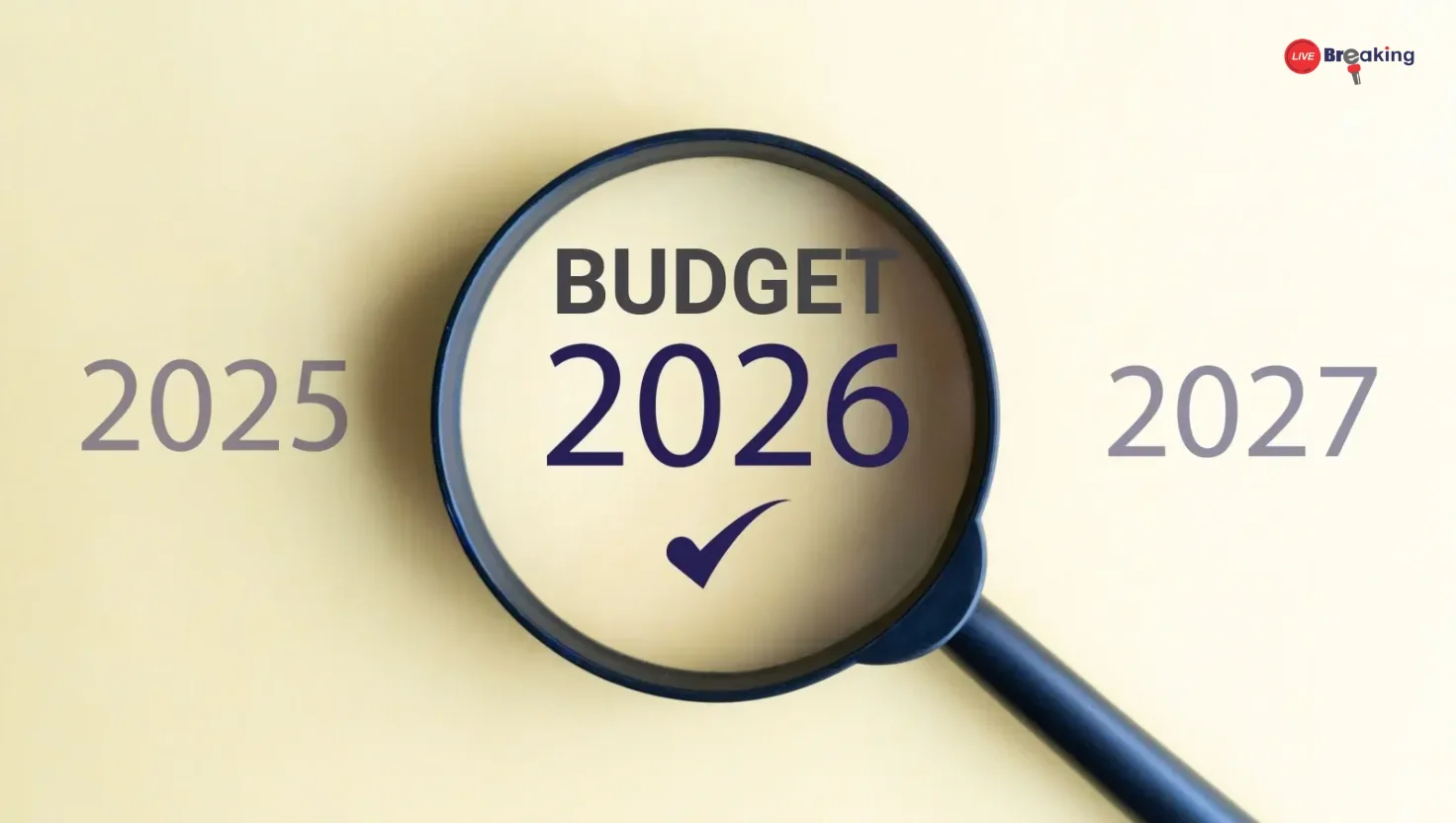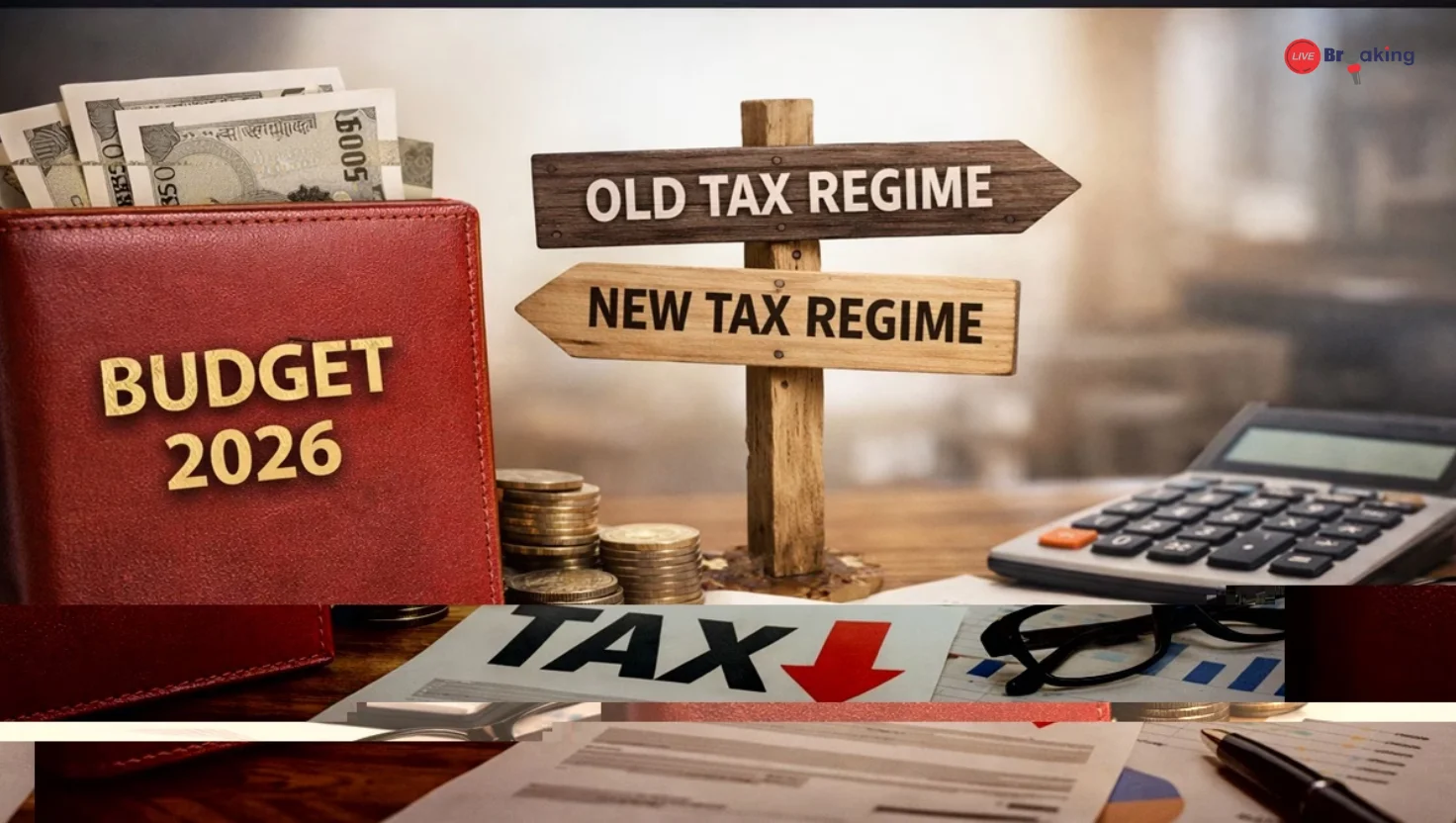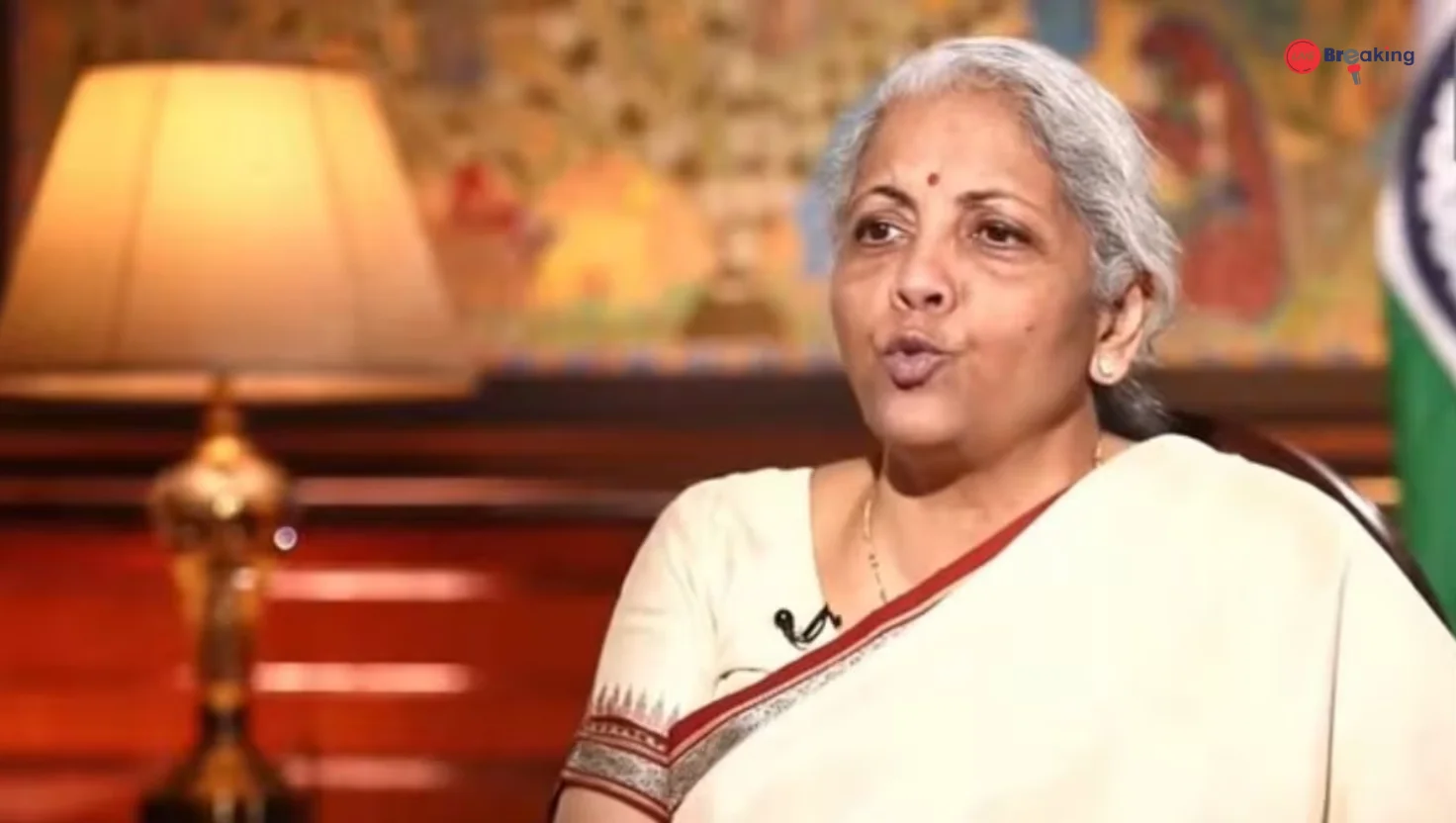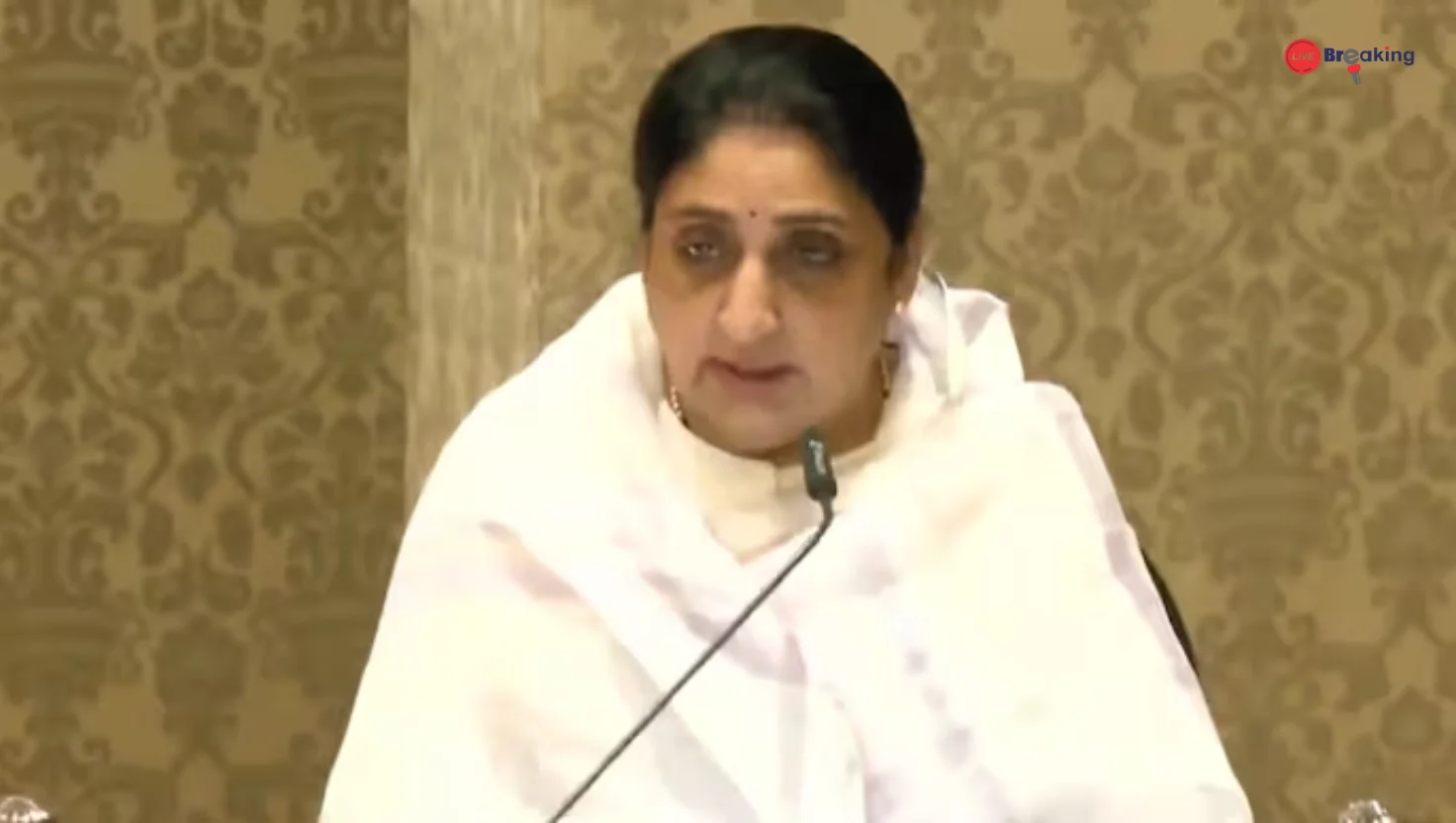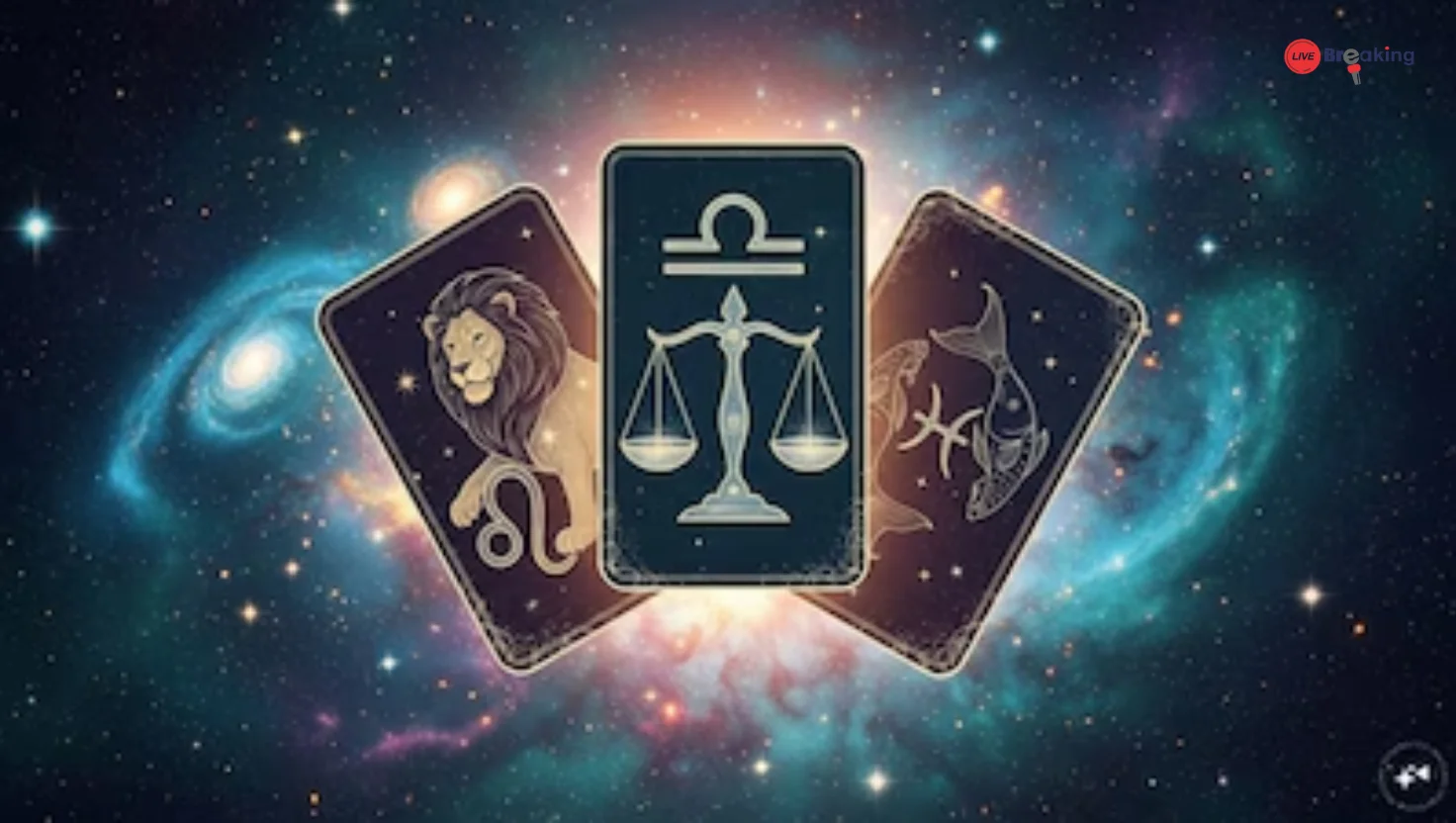Fraud Baba Exposed: Fake Visiting Cards, Fabricated Political Connections
Fraud Baba Exposed:
In a dramatic turn of events, the so-called “Delhi Baba,” once celebrated by followers as a spiritual guide and social influencer, now stands exposed as a fraud. Investigations have revealed that the self-styled godman built his reputation and credibility on a foundation of lies—chief among them forged United Nations visiting cards and fabricated connections to the Prime Minister’s Office.
The revelations have shocked devotees, many of whom trusted him for spiritual guidance, personal blessings, and even financial advice. The scandal raises pressing questions about how blind faith, combined with carefully crafted illusions of power, can mislead communities.
The Web of Forged Credentials
At the center of the scandal lies a collection of forged documents that the Baba used to impress followers and secure legitimacy in elite circles. The most glaring among these were visiting cards purportedly issued by the United Nations. The cards, replete with the UN emblem and fabricated designations, were used to project an image of international influence.
The Baba allegedly flaunted these cards at public gatherings and private meetings, convincing devotees that he had a direct line to global leaders. By presenting himself as a man with international connections, he was able to command not just respect but also material support from his followers.
Faking Ties with the PMO
Equally audacious was his claim of having access to the Prime Minister’s Office. The Baba allegedly circulated letters, photographs, and other fabricated materials to suggest he was an advisor or close contact within the corridors of power. These false assertions helped him win the trust of businesspeople, politicians, and ordinary citizens alike.
Such claims often gave the illusion that he could “fix” issues at the highest levels of government, from securing contracts to resolving disputes. In reality, his so-called ties were nothing more than a calculated ploy to strengthen his image as a figure of authority and influence.
How Followers Were Misled
The Baba’s carefully curated image allowed him to expand his network rapidly. Followers came from diverse backgrounds—middle-class families seeking hope, entrepreneurs chasing opportunities, and even aspiring politicians looking for endorsements.
For devotees, his supposed UN and PMO connections were evidence that they were in the presence of a man who had transcended ordinary boundaries. Over time, this illusion became the bedrock of his influence, ensuring a steady inflow of donations, gifts, and personal loyalty.
The Cracks Begin to Show
The exposure of the fraud came when a series of discrepancies were noted in his documents. Experts familiar with official UN formatting quickly identified inconsistencies in the fonts, seals, and nomenclature of his visiting cards. Similarly, government officials clarified that no such ties with the PMO ever existed.
Read more: Supreme Court Bench Highlights Human Limits While Hearing Urgency Request
Once the cracks appeared, the entire facade collapsed. Authorities stepped in to investigate, uncovering a trail of deception that had misled thousands. What had once been marketed as spiritual authority backed by global recognition now stood revealed as a house of cards.
Public Outrage and Betrayal
The fallout has been swift and severe. Former devotees have spoken out, expressing feelings of betrayal and shame for having placed their trust in the Baba. Social media erupted with anger, with many demanding strict punishment to ensure that such fraudulent figures cannot exploit people again.
For many, the incident serves as a painful reminder of how charisma and theatrics can overpower reason and critical thinking. While some continue to defend him, arguing that his teachings had value regardless of his credentials, the majority view him as a manipulator who preyed on blind faith.
The Larger Problem of Fake Godmen
The scandal also throws light on the broader issue of fraudulent spiritual leaders in India. With millions seeking solace in faith and spirituality, the environment is ripe for exploitation by individuals who cloak themselves in religious or mystical garb while pursuing power and profit.
Read more: 100% Tariff Shock: Trump Targets Pharma Imports, India’s Exports at Risk
Such figures thrive on the trust and vulnerability of people, often using symbols of authority—like international affiliations or government ties—to legitimize themselves. The Delhi Baba’s case is only the latest in a long list of frauds that expose the dangers of unchecked devotion.
Conclusion
The unmasking of the Delhi Baba underscores the urgent need for vigilance and awareness. Forged UN credentials and false claims of ties to the Prime Minister’s Office may have elevated him temporarily, but the truth has ultimately stripped him of credibility.
As the dust settles, the scandal serves as a warning: faith should never come at the cost of reason. Followers must learn to question, investigate, and demand accountability from those who seek to guide them. Only then can society protect itself from frauds who hide behind masks of divinity, wielding deception as their greatest weapon.

